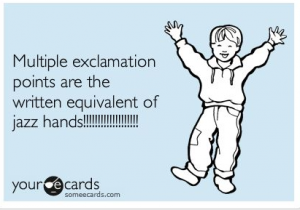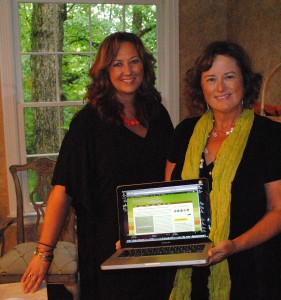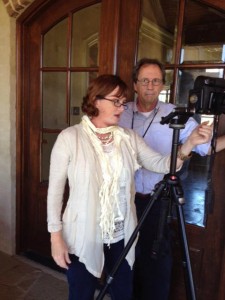In this day and age of 140 characters becoming a standard in communicating, the art of being quotable is essential to earning media coverage, column inches and holding the attention of your audience. If you are trying to improve your interview techniques, contemplate this skill.
“The more things change, the more they stay the same” was a quote from one of my early mentors Francis Guess who inscribed this on a book about African-American history he gave me as a naïve 22-year old. One of my first bosses, Guess described himself as a black, Republican, Catholic, Vietnam Veteran, Southerner and son of an amazing, unwed mom. An enigma, he was a master of choosing the perfect quote to capture the essence of what he was communicating and then weaving it effortlessly into an interview with a reporter. He taught me early, if three people are being interviewed on the same topic, the person who is quotable earns the most ink.
“Attention-to-details separates the amateurs from the professionals” and “never deviate from the text” were also important lessons. The first is self-explanatory and a mantra which drives me to long hours. The latter was in relation to giving a speech on a controversial topic and Guess would be the first to admit it could keep you out of trouble unless you forgot it.
Most recently, I’ve had the pleasure of working with Southern Living Editor Lindsay Bierman on a Nashville PR project. I’m fascinated with weaving metaphors to describe home interiors or using food adjectives to make paint or home décor sound more appetizing to the reader. Bierman schooled me while assisting him in an interview with the fabulous Jennifer Vickery. He describes Nashville as being like a “woman in cowboy boots wearing a pretty sundress…the perfect marriage of rustic and refined.” Really?! Perfection. It’s around the 2:20 mark here.
Here’s a blog on writing, Roger That, to which you should subscribe. Roger Shirley, editorial director for Nashville-based McNeely, Pigott & Fox, is a long-time friend and former newspaper guy. I enjoy his regular doses of how good writing is suppose to work. Inspired by the literary world’s recent loss of Tom Clancy, check out his recent column on the art of being quotable called “Roger That: RIP, Guys, But Thanks For The Thoughts.”
Finally, I got a little pep talk on clear communicating after attending the 2013 Bar Camp where Erik Deckers spoke. I had heard him also address the Social Media Club Nashville. Last weekend, he shared his theory of common usage in website content. I respect his admonishment of content writers to step away from verbose language like “frictionless onboard experience” and just say “it’s easy to sign up.” He also shared these lessons, with which you may or may not agree:
- Split Infinitives Boldly
- End sentences With Prepositions
- Don’t Allow English Comp Rules Disrupt The Sound Of Your Story
- Eliminate Adverbs and Adjectives
- And, Hemingway’s mantra “Write Drunk. Edit Sober”
In the last point, Deckers’ encourages using a lack of restraint by allowing the heart of what you are trying to communicate flow freely then go back and revise. Not, start drinking and writing at 10 a.m.
My thoughts are embrace the art of clear communications while weaving in the beauty of our language. My college son has finally realized reading good books from Clancy and Crichton have impacted his ability to write well. So, yes, add reading as the “fondant to your communications recipe” and find the intriguing quote which shares your opinion and message in a memorable way.















